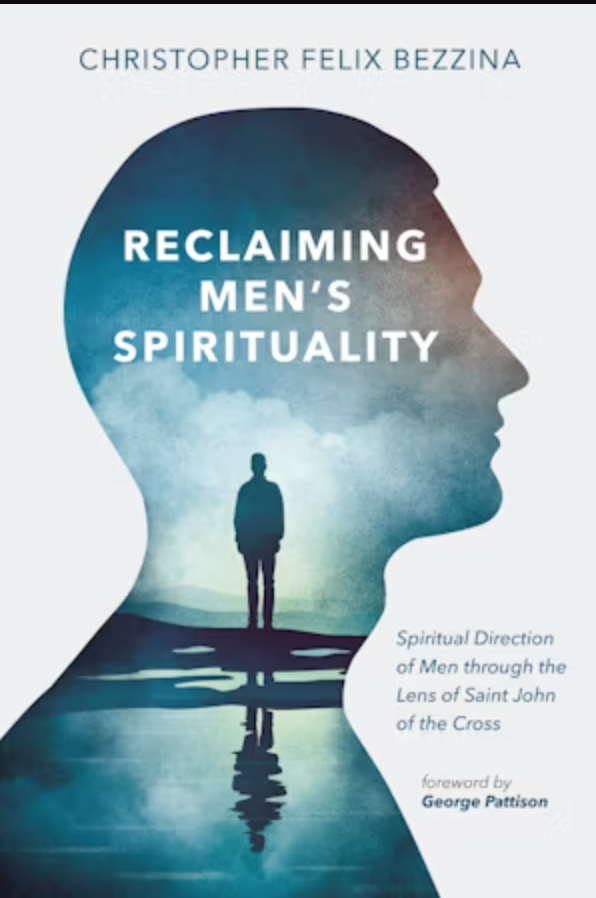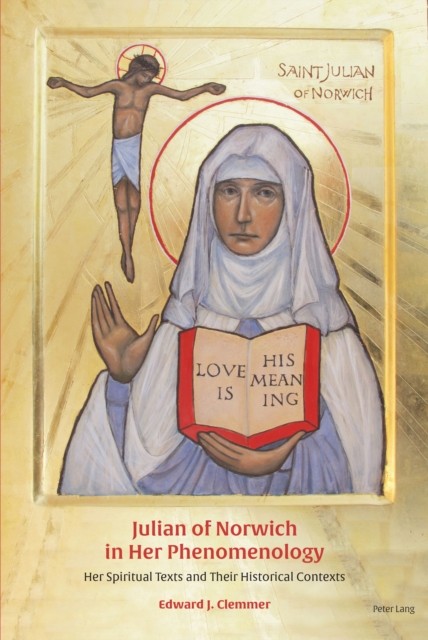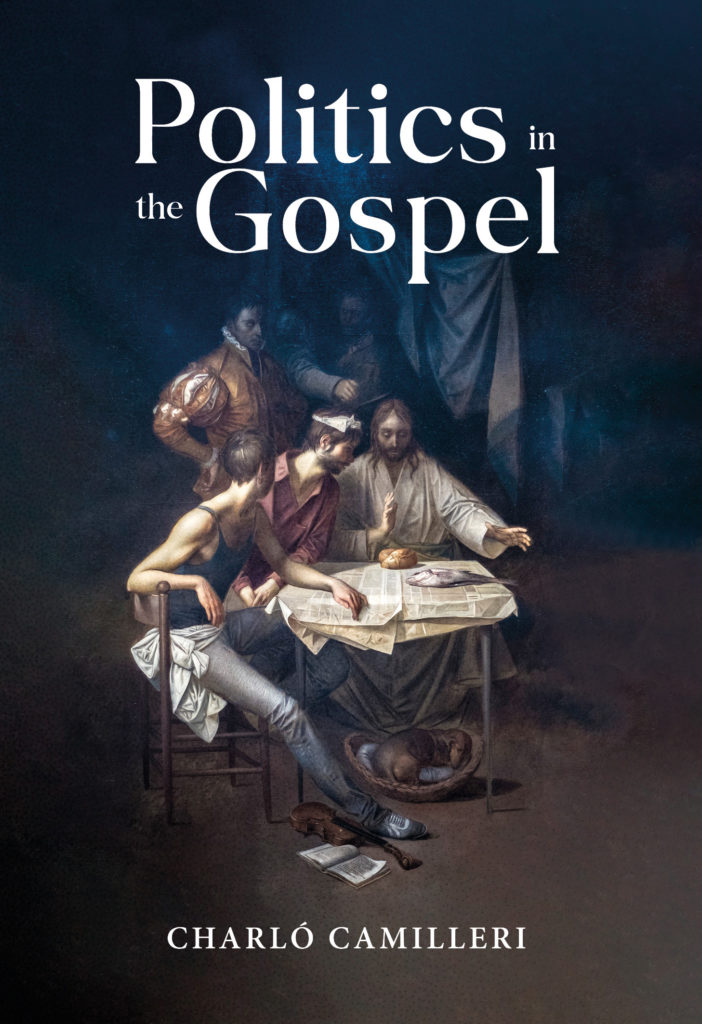Newsletter
Dear members of MASC,
Greetings !
Our first issue of the newsletter for this year will reach you half way through the Summer months. Our last event, the Foundation Day Colloquium was a success. Thanks to all involved in the organisation, the speakers and all participants. In this issue of our newsletter you will find Fr Charló’s address and the talk by Mr Martin Azzopardi. We also suggest you read the study by Fr Matthew Pulis and his group of researchers in Melita Theologica. The executive board will meet shortly to evaluate the last year and plan the upcoming for 2025. completed our Association requirements for Inland Revenue Tax Return (2023) and for OCVO Annual Report (2023), such that there are no further demands regarding external agencies for the Association. Work on the organisation of paper file for the records of our current administration, this month, is nearly completed and the pdf file was accepted by the OCVO. A word of thanks to Edward for completing these necessary tasks, in order for MASC to have everything in order as a VO.
To recieve a pdf copy of the newsletter, kindly contact: info@masc.org.mt




